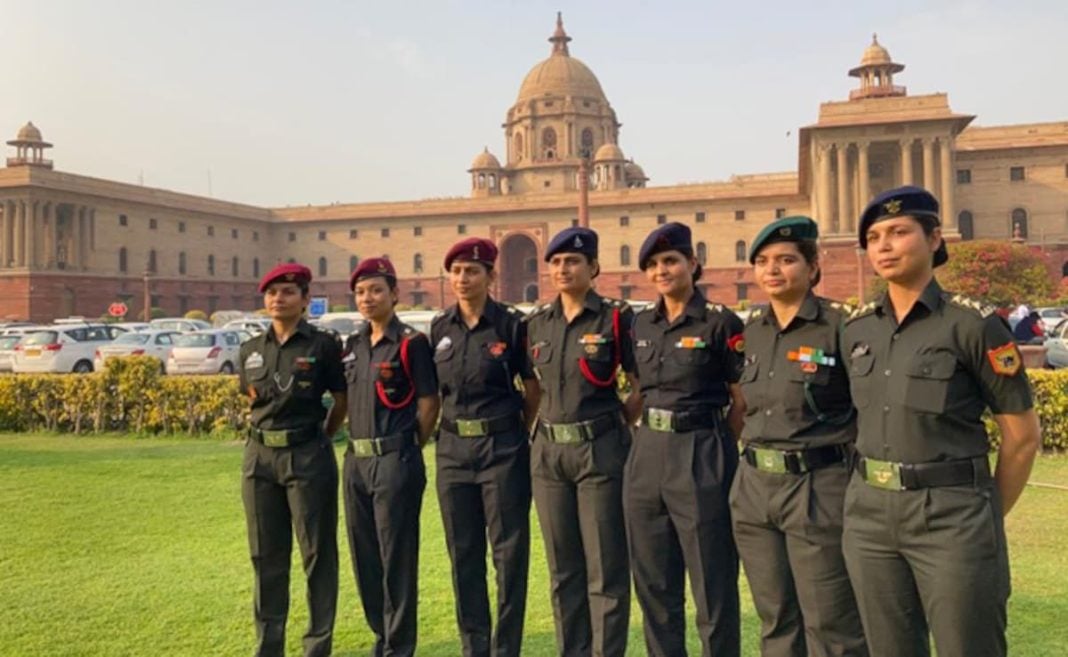A recent internal review by Lieutenant General Rajeev Puri, who recently concluded his tenure as the commander of the 17 Mountain Strike Corps, has sparked significant discussion within the Indian Army regarding the integration and performance of women officers in leadership roles. This review comes nearly two years after a landmark Supreme Court ruling that enabled the promotion of women to the rank of Colonel, representing a significant step toward gender equality within the military.
In his critique, Lt. General Puri identified “mundane ego issues” and a “lack of empathy” as alarming trends among the 108 women officers promoted to Colonel. His findings, communicated in a letter to General Officer Commanding-in-Chief of the Eastern Command, Lt. General Ram Chander Tiwari, flag serious concerns relating to interpersonal dynamics and management issues within units led by these women officers.
According to information obtained from defense sources, the Army remains committed to the ongoing induction and training of women officers, emphasizing that the suggestions raised by Lt. General Puri are aimed at enhancing training standards rather than undermining women’s roles in the military. However, the review brought to light specific challenges that have arisen in units commanded by female officers, including an increase in management-related problems. Lt. General Puri noted that many of these issues stem from an apparent failure to handle personnel matters with the necessary tact and understanding, suggesting a predominant focus on resolving conflicts through authority rather than mutual respect.
The critique identified a troubling “my way or the highway” mentality which Puri argued undermines the collaborative decision-making essential in military leadership. He expressed concerns about what he described as an “exaggerated tendency to complaint,” noting that interpersonal friction has resulted in damaging stress levels within affected units. The officer’s commentary pointed to a prevalent atmosphere of prejudice and mistrust in some interactions, which he suggested was exacerbated by a perceived “misplaced sense of entitlement” among certain women officers, further complicating the leadership landscape.
While the Army has opened avenues for women to command various critical units, including air defense and intelligence, the review underscored that many Colonel-rank women officers have not had adequate exposure to operational command roles, potentially limiting their understanding of the associated challenges. Lt. General Puri argued that the desire among these officers to establish authority in traditionally male-dominated roles might lead to overzealous management styles that could overlook the emotional and professional needs of their subordinates.
In response to the review, defense sources clarified that this assessment stems from the first batch of women in command positions and that the Army is committed to the long-term improvement of leadership training aimed at fully integrating women into the force. The sources indicated that advancing women to command roles must be accompanied by a tailored training approach, one that acknowledges the extensive experience needed in junior leadership positions to properly prepare for higher command.
The matter is likely to ignite considerable debate regarding gender dynamics within the military, particularly as the Army continues to navigate the challenges and opportunities presented by this pivotal moment in its history. As the institution evolves, the focus is on fostering a balanced environment that promotes effective leadership, irrespective of gender, while ensuring that all officers, male or female, are equipped to lead with empathy and understanding.








